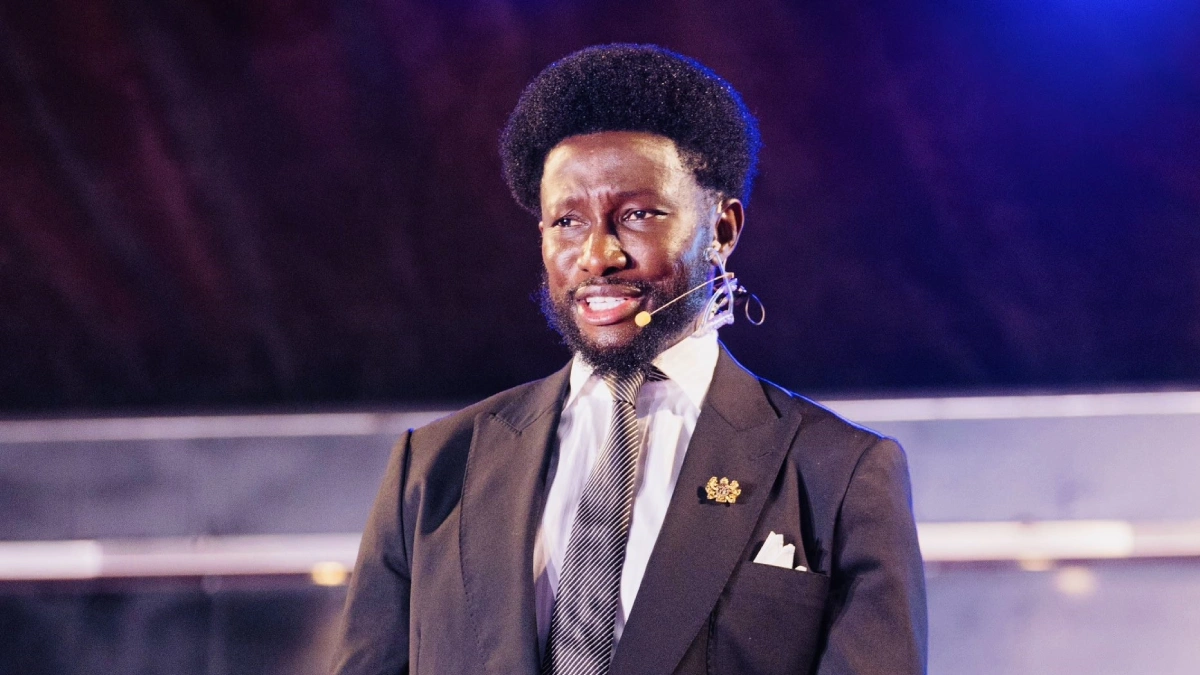At a Glance
- Kwarleyz Group leads Ghana’s upscale housing with global-standard residences and branded hospitality ventures.
- Petronia City remains Bediako’s biggest test, aiming to merge energy, housing, and industry growth.
- Financing challenges and trust issues shape Kwarleyz’s expansion amid Ghana’s tightening real estate market.
For nearly two decades, Nana Kwame Bediako, popularly known as Cheddar, has been transforming Ghana’s luxury real estate market through his company, Kwarleyz Group.
From No.1 Oxford Street to Kwarleyz Residence, his developments are reshaping how the country’s wealthy live, invest, and connect with global hospitality brands, positioning Accra as West Africa’s next luxury property hub.
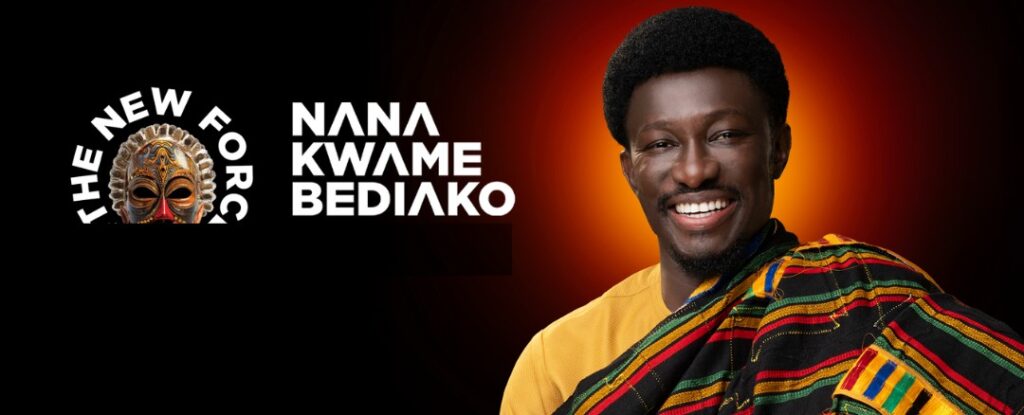
His aim is straightforward, even if execution is not: to make Accra a place where high-net-worth buyers can find homes and services that meet international standards.
Bediako’s business model rests on more than architecture. He relies mostly on his own capital, chooses project sites personally, and partners selectively with global hotel brands. That independence gives his projects a distinctive identity, and exposes him to questions about scale, financing, and long-term sustainability.
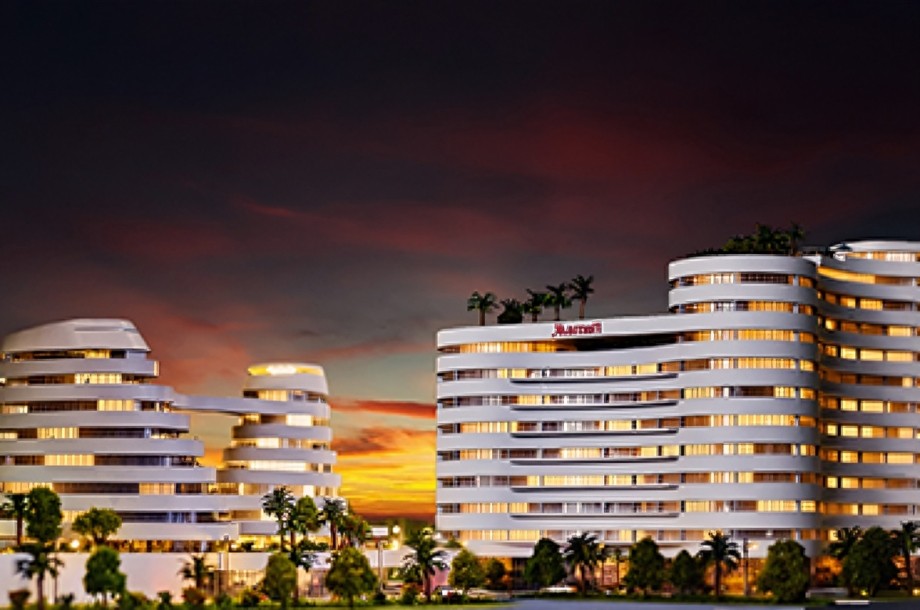
High-end living and branded hospitality at the core
At the heart of Kwarleyz’s portfolio are Wonda World Estates and Kwarleyz Residences. Developments such as No. 1 Oxford Street, Bel Air Crest, and Kwarleyz Residence offer luxury apartments designed for executives, expatriates, and affluent Ghanaians returning home.
Marketing emphasizes hotel-style management, concierge services, and private amenities,a familiar model from Dubai to Nairobi that targets buyers seeking both lifestyle and rental returns.
The group has also proposed a partnership with the Ritz-Carlton in Accra, a sign of its focus on global hospitality standards. These projects cater to a small but steady segment that values privacy and premium service over mass-market appeal.
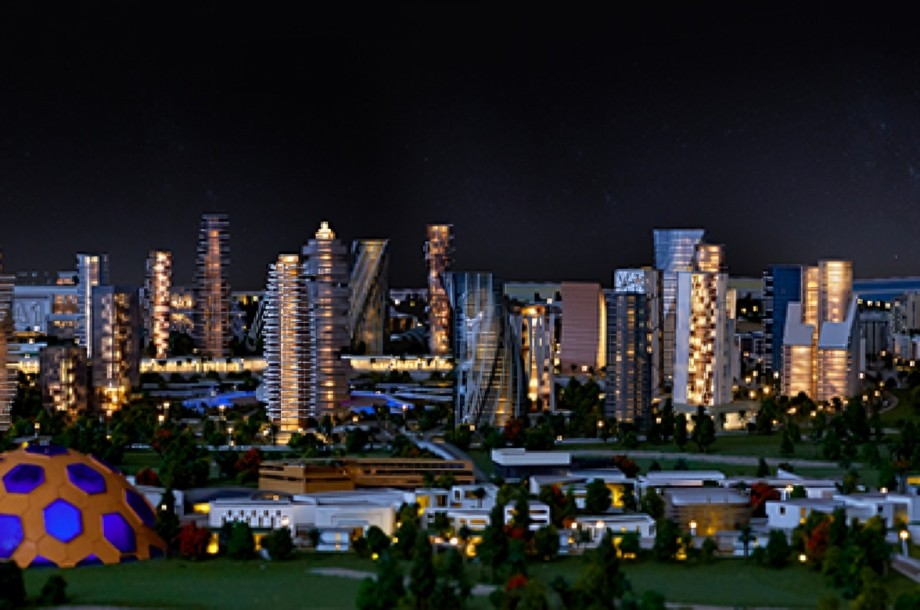
Petronia City: A big idea still waiting for groundbreaking
Beyond luxury housing, Bediako has promoted one of Ghana’s boldest private development plans: Petronia City, a proposed 2,000-acre industrial and residential zone near Takoradi. Envisioned after Ghana’s oil discoveries, the project aims to host energy firms, corporate offices, and modern housing.
So far, progress has been limited to land acquisition and planning. The scale of the project means it will require deep-pocketed investors, credible partners, and consistent government support to move ahead.

Financing and market realities
Like most developers in emerging markets, Kwarleyz relies on private funds, pre-sales, and brand partnerships to keep projects moving. The system works when demand stays strong, but rising costs, inflation, and currency pressure in Ghana have made financing harder.
Collaborations with institutional investors or global operators could help reduce risk. Without them, growth depends largely on internal cash flow and customer confidence.
Brand, perception and pressure
Bediako is as known for his public profile as for his real estate. His luxury cars, philanthropy, and brief presidential bid have made him a familiar figure in Ghana. The attention has raised the profile of his projects, but also put his business dealings under constant watch.
In high-end property, reputation is everything. Buyers expect transparency, secure documentation, and timely delivery. For Kwarleyz, public trust may be as important as concrete and glass.
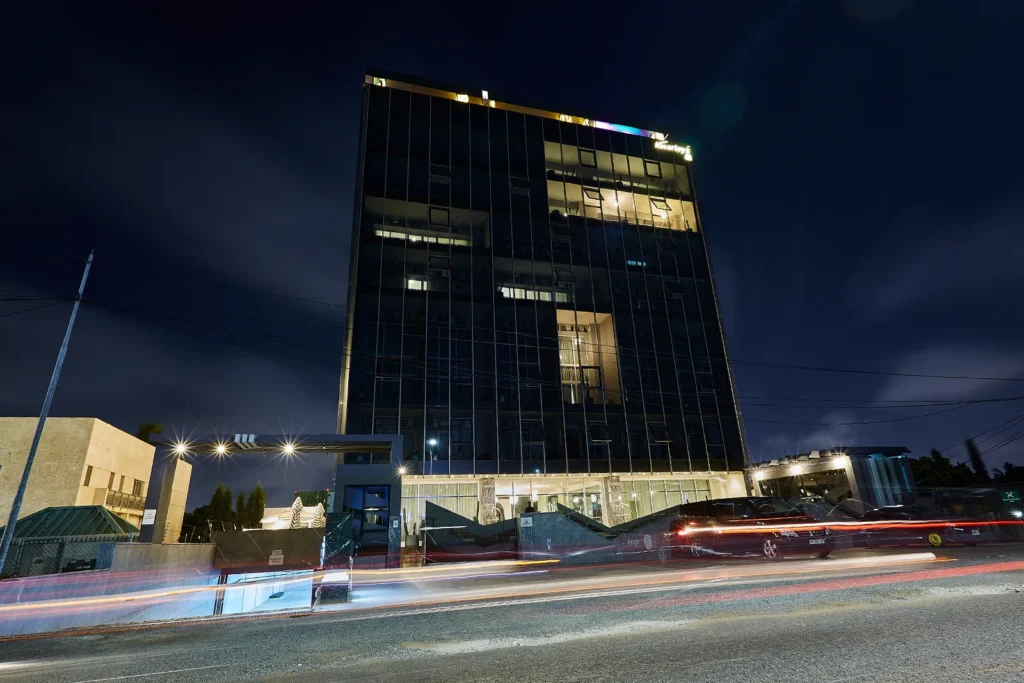
The bottom line
Ghana’s luxury housing market is growing but narrow, driven by returning professionals, expatriates, and a small domestic elite. For Kwarleyz to thrive, it must keep that limited audience engaged while proving its ability to deliver.
Bediako is betting on more than buildings, he’s betting on confidence in Ghana’s future. Whether that gamble pays off will depend on his ability to turn grand plans into reliable, livable spaces one completed tower at a time.

